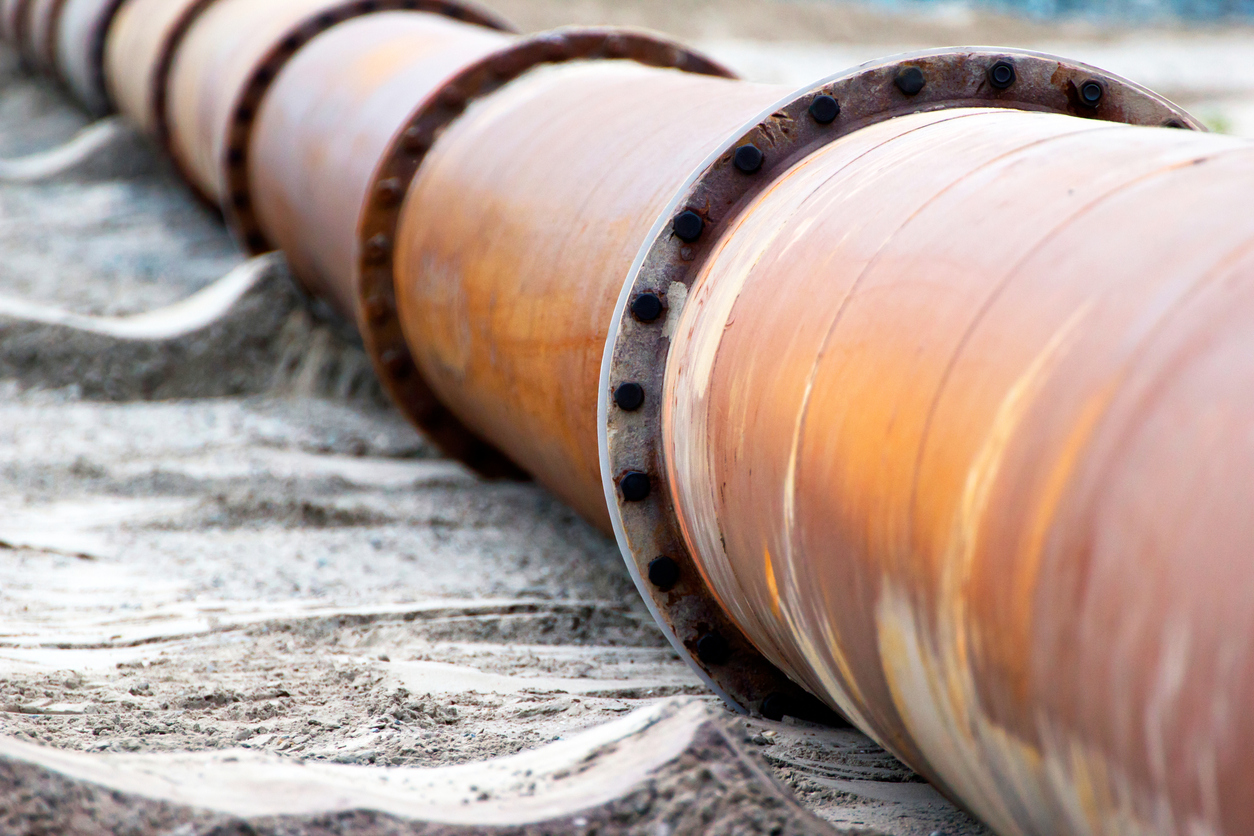 Corrosion is a dangerous and extremely costly problem. Because of it, buildings and bridges can collapse, oil pipelines break, and water sources become contaminated. Currently, the global cost estimated to repair corrosive effects comes in around $2.5 trillion per year.
Corrosion is a dangerous and extremely costly problem. Because of it, buildings and bridges can collapse, oil pipelines break, and water sources become contaminated. Currently, the global cost estimated to repair corrosive effects comes in around $2.5 trillion per year.
But researchers in the field of corrosion science and technology like Robert Kelly, the 2016 winner of ECS’s Corrosion Division H. H. Uhlig Award, are looking to change the way we deal with the effects of corrosion from reactive to predictive.
“One of the sayings about corrosion is that we can explain everything and predict nothing,” Kelly says. “We’re looking to turn that around.”
Corrosion time machine
Kelly, AT&T Professor of Engineering in the University of Virginia’s Department of Materials Science and Engineering, is working with his team to better understand what’s controlling the localized corrosion process with a newly designed accelerated test that can predict the corrosive effects on certain materials when they’re put into their natural environment.

